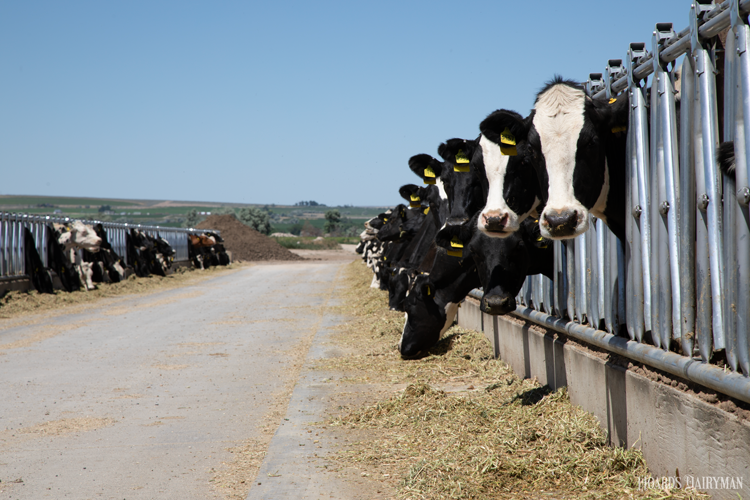
Research related to the needs of transition cows has identified calcium as critical to the period following calving, particularly for cows in their second or greater lactation. Calcium needs during the dry period are relatively small, but production of colostrum and milk more than doubles the requirement for calcium.
This demand often outpaces the cows’ abilities to mobilize calcium, leaving those bovines in clinical or subclinical hypocalcemia. While clinical milk fever is often treated with intravenous calcium, the more common subclinical hypocalcemia can be abated by oral calcium.
In recent years, it has become a somewhat common practice for farmers to give cows oral calcium at calving and again 24 hours following calving. However, recent studies are showing greater reductions of blood calcium levels at three and four days in milk.
For that reason, researchers at Cornell University enrolled nearly 1,000 cows from four New York farms into three calcium treatment groups to see if delayed oral calcium supplementation at 48 and 72 hours after calving could help reduce symptoms of hypocalcemia. While 321 cows were given this calcium treatment, 343 received no supplemental calcium at calving and 330 received a calcium bolus at calving and at 24 hours after calving.
There was no discernable difference in symptoms between the groups. Milk yield was similar between groups as well, but there were differences when number of lactations were considered. Cows in their third lactation that received the delayed calcium administration produced more milk than those in the other two groups. This aligns with other research that have also found later lactation cows to produce more milk when receiving calcium after calving.
The researchers also determined that farm by farm effects should be considered. All cows in this study consumed a negative dietary cation anion difference (DCAD) diet before calving. This management strategy certainly had a positive impact on their health and production following calving.
While a lot of refinement and research remains in this field of transition cow health, calcium supplementation following calving — either immediately or delayed — can play an important role on many farms in helping to abate the negative impacts of hypocalcemia. Consider what fits best on your farm to get cows off on the right foot.







